The 5 Most Common Eye Injuries for Athletes
Sports and physical activities play a crucial role in maintaining a healthy lifestyle, but they also come with potential risks, including eye injuries

While it’s true that good nutrition and a healthy balanced diet are essential for long-term eye health, there can also be a more direct link between food and eye safety. Although cooking is a wonderfully creative and rewarding process, it is also one that poses several potential hazards and eye safety risks. Since your eyes can become injured during food prep, cooking and kitchen cleaning, make sure you know how to keep your eyes safe in the kitchen before you cook dinner tonight by following these 8 simple kitchen eye safety tips.
When you use jalapeño peppers, chilli powder and other spicy ingredients, you may transfer these spicy ingredients into your eyes if you accidentally rub or touch your eyes before washing your hands. These eye burns are easily preventable; all you have to do is make sure you wash your hands after handling these ingredients. If you get pepper or other spice oils in or on your eye, immediately flush it out with plenty of water.
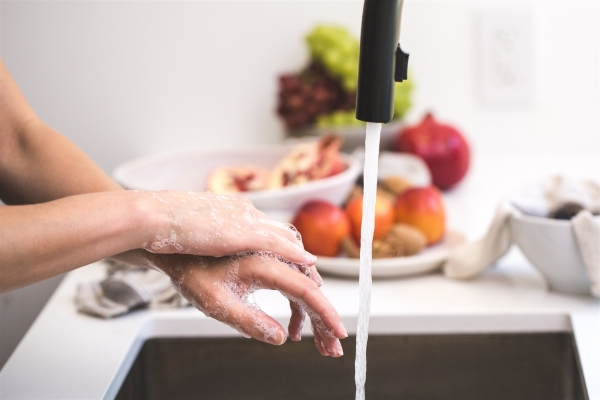
Although we’d all like to imagine we look graceful like Nigella in the kitchen, sometimes it’s best to put your eye safety first and wear protective kitchen glasses or goggles. Although this may sound like an extreme suggestion, it is one that may be well worth it to protect your eyes when cooking foods that contain a lot of greases like bacon or fried chicken. To help you remember, keep a pair of light-weight safety glasses on the kitchen counter, so can quickly pop them on before chopping onions or frying foods prevent grease splatters or other irritants from getting in your eyes.
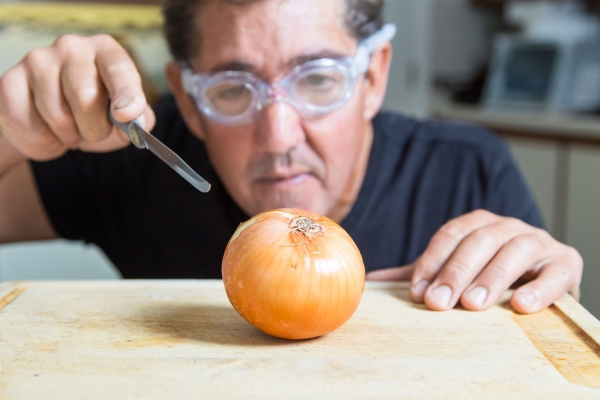
Knives, forks, scissors, chopsticks and other pointy utensils or sharp objects can cause serious eye injuries if not handled carefully. Always handle handling knives and other sharp objects with caution, as they are the third-most common cause of eye injuries.
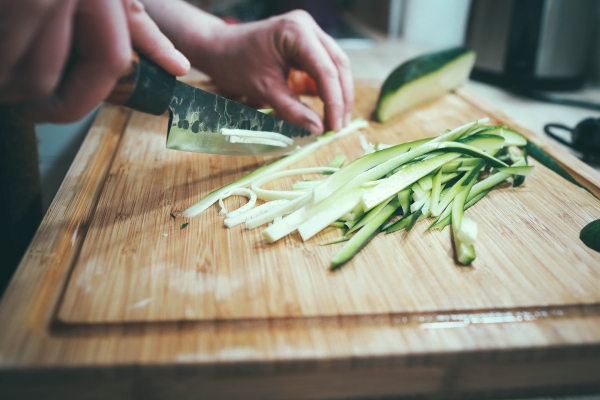
While the urban myth “eating carrots gives you good eyesight” wasn’t totally inaccurate, (as vitamin A found in carrots is good for long-term eye health), not all urban myths are as truthful. The urban myths we’ve heard growing up including ” honey in your eyes will change the colour of your eye” and “tea cures pink eye” can actually cause more harm to your eye. We highly recommended that you don’t ever put anything in your eye that hasn’t been designed for eye use. However, if you use any food products cosmetically on the skin around your eyes, (e.g. face masks that contain edible ingredients), be careful not to get them in your eyes.
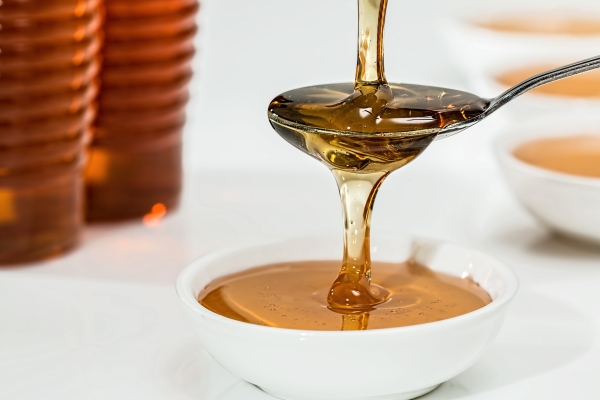
While you may have noticed in old movies and cartoons, people often placed a raw steak on a black eye, is important to note that, in reality, this is definitely not a good idea. The main reason for this that a raw steak often carries bacteria which can cause infection if in direct contact with you eye. The reasoning behind this ‘remedy’ is not because the steak has any healing powers; it is only the coldness of the steak that helps to keep the swelling down. Therefore, by putting a steak on a black eye does not help it heal, all you are doing is just wasting a good steak.
Similarly, putting frozen peas on your eye is also not a good idea either, as the frozen vegetable pack could be contaminated by bacteria in your freezer as may cause an eye infection. Instead, the best treatment for a black eye is to simply use ice cubes wrapped in a clean cloth and place it over the black eye. However, if any serious symptoms develop from the black eye, like blurred vision, it is recommended that you see a doctor immediately.
Open cabinets, liquid spills, loose rugs, clutter on the kitchen floor or cooking in heels could be more of a hazard to your eyes than you realize. Slippery floors and trip hazards are one of the most common culprits for serious injuries (including eye injuries) in the kitchen. Therefore, a slippery banana peal on the kitchen floor is no joke!
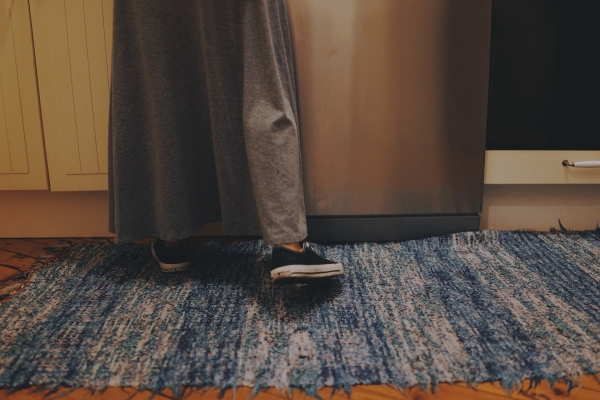
When working with bleach, bench disinfectants, drain cleaners, oven cleaners and other cleaning chemicals you should always protect your eyes and wear safety glasses or goggles. If in contact with your eye, these chemicals can cause serious eye injuries and can cause your eyes to burn. If you get any cleaning products in your eyes, rinse your eye immediately with cold water and seek medical attention asap.
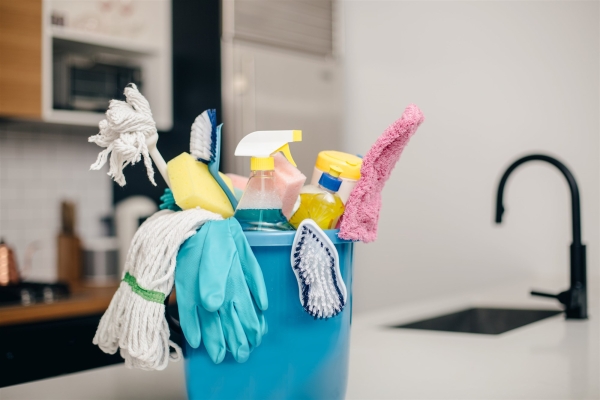
After cutting a hot pepper or onion, the spicy juices can often soak into your hands and can be very hard to wash off, with the residue lingering for hours afterwards. If you ever rub your eyes later, the result is often instantly unpleasant causing an immediate burning sensation in your eyes. Therefore for the protection of your eye health, it’s best to wear food-safe gloves when cutting and handling these types of foods.
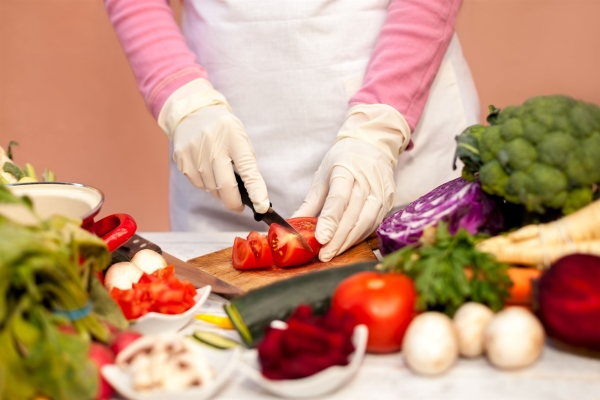

Sports and physical activities play a crucial role in maintaining a healthy lifestyle, but they also come with potential risks, including eye injuries

For those leading an active lifestyle or engaged in sports, the significance of clear vision cannot be overstated.

Uncover the revolutionary technology behind LASIK that has empowered millions to enjoy clear vision without glasses.